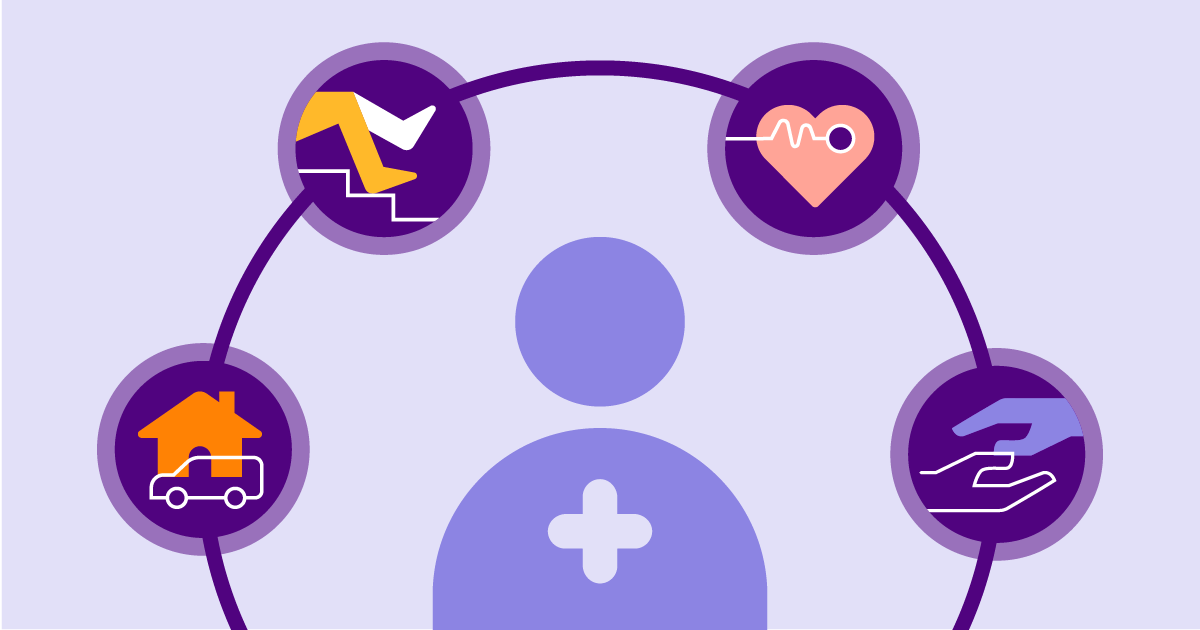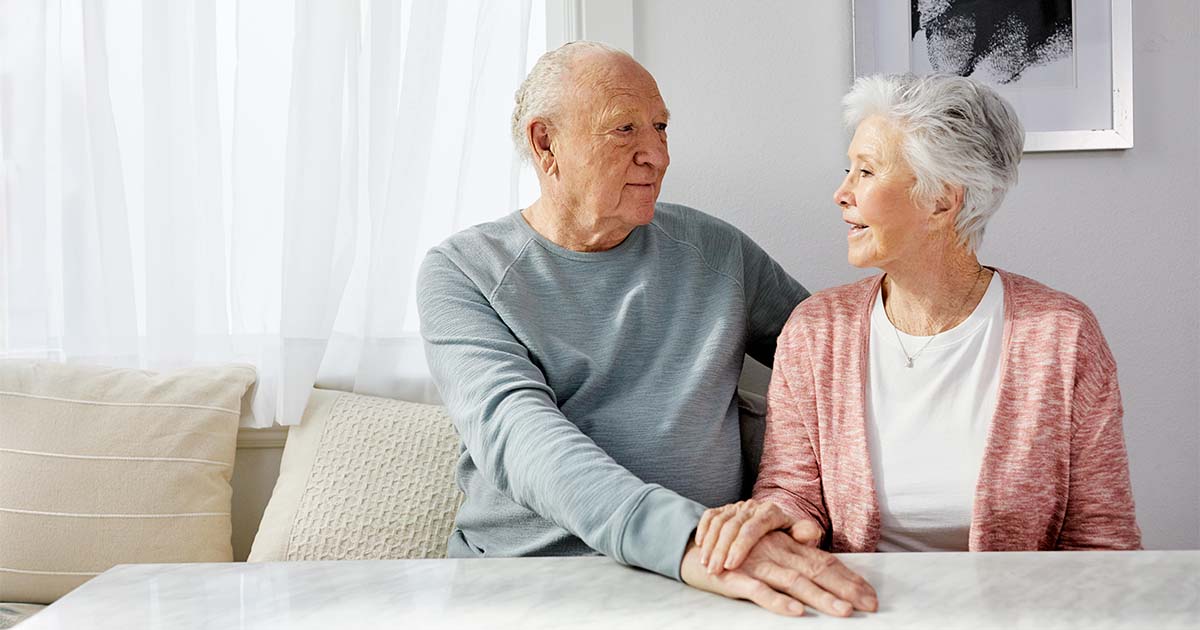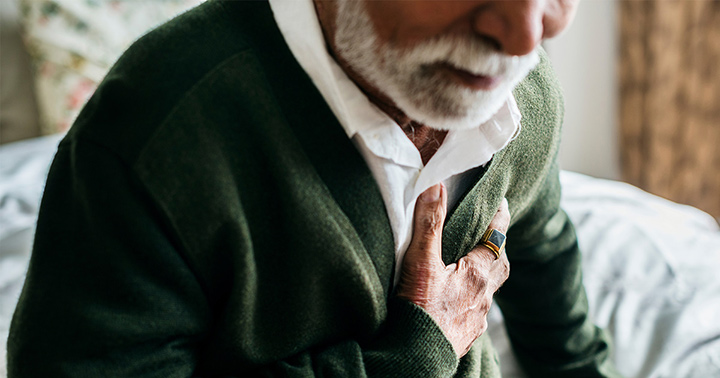Imagine you have a health concern your primary care physician can’t treat such as a complex chronic condition like asthma or specific injury like an ACL tear. Your physician will likely refer you out to a specialist, or another doctor that provides specialty care.
A specialist will have spent their medical career studying a specific part of the body. Examples of common specialists include dermatologists for skin-related issues, cardiologists for heart problems or endocrinologists for hormone-related issues.
Although the list of specialists can go on, they all provide the same kind of service to patients: specialty care.
What is specialty care?
Specialty care refers to services that are provided by trained health care professionals who have specific areas of expertise.
Specialty care is important to a patient’s recovery as it applies directly to their specific health care journey. In home health care, a care team is full of clinicians who provide specialty care dependent on a patient’s disease or condition.
Specialty care can also be focused on ensuring the delivery of expert symptom and pain management provided by a hospice care team consisting of a registered nurse, medical social worker, chaplain and medical director dedicated to end-of-life care.
“At Enhabit Home Health & Hospice, our highly-skilled clinicians help patients actively manage their own recovery, lowering their chances of hospital readmission,” Senior Vice President of Specialty Programs Kasi Hedt said. “Through our specialty programs, we provide evidence-based, disease-specific clinical pathways to ensure patients receive the highest levels of specialty care.”
The importance of specialty care
Specialty care is important in all medical fields, but especially home-based care.
In home health care, when a patient is considered homebound – meaning they cannot leave the home without considerable and taxing effort, among other criteria – they require care and education specific to their condition in order to reach their health care goals and achieve better outcomes.
“If a patient begins home health care services after a cardiac episode, they’re going to want specialty care related to their heart condition,” Hedt said. “This not only ensures the patient is getting a personalized treatment plan, but instills confidence as the provided education will be specific to their condition. When you teach patients exactly what’s happening with their condition or health care status, it empowers them to self-manage their treatment and have confidence that they can reach their goals.”
“Focusing on pain and symptom management needs, hospice care specialists provide that same empowerment, teaching patients and families what to expect along the end-of-life journey so they can feel more comfortable and confident in their decisions.”
Specialty care programs at Enhabit
Considering Enhabit has two different service lines – home health and hospice – there are also two different sets of specialty programs. Each program is tailored to a patient’s specific health care journey and designed to meet their specific needs.
For home health services, specialty programs share the goal of helping patients reach their desired outcomes through self-management and treatment.
Post-Operative
The Post-Operative Program delivers protocol-driven, physician-specific care to surgical patients. From education prior to surgery to timely admission after discharge, we ensure patients know what to expect throughout their recovery.
This program can provide care to patients after the following surgeries:
- Orthopedic surgery
- Hip & knee
- Spine
- Foot & ankle
- Heart or vascular surgery
- General surgery
Balance & Fall Prevention
The Balance & Fall Prevention Program assesses physical challenges like balance, flexibility, muscle strength and gait, and identifies potential hazards in the home to create an evidence-based, individualized care plan that significantly reduces fall risk.
The Balance & Fall Prevention program can also help treat:
- Vestibular conditions
- Low vision
Cardiopulmonary
The Cardiopulmonary Program focuses on patient education, self-management and medication management and compliance to achieve superior patient outcomes while reducing the need for emergency care.
The Cardiopulmonary Program can help treat:
- Stroke
- COPD and other lung diseases
- Heart failure
- Heart disease
- Hypertension
- Vascular conditions
Community Care
The Community Care Program is dedicated to providing the best possible care to patients living in assisted, independent or residential care communities. We take a preventative approach to care and provide a consistent care team that allows patients to age in place.
Through the Community Care Program, clinicians can also provide:
- Diabetes care: To help patients manage their diabetes and educate on self-management on all aspects of diabetes.
- Memory care: To identify cognitive impairment and provide strategies to support caregivers so patients can continue to age in place.
Care Transitions
Through the Care Transitions Program, Enhabit works closely with discharge planners, performs on-site patient visits, obtains paperwork, schedules appointments and coordinates services to ensure all patient care needs are met during their transition home.
Care Connections
The Care Connections Program empowers patients to remain in control of their health care decisions at every step. They do so by assisting with the transition from home health to hospice care, if necessary. The program ensures patients receive the right level of care, while reducing hospital readmissions and improving quality of life.
Hospice specialty programs share different goals than home health programs. When it comes to end-of-life care, Enhabit ensures patients are receiving the highest level of care at every step of their journey.
Hospice specialty programs include Community Care, Care Transitions and Care Connections.
Community Care
The Community Care Program is dedicated to providing the best possible end-of-life care to residents living in skilled nursing facilities, assisted, independent or residential care communities.
The hospice care team partners with facility caregivers to develop a plan of care with an emphasis on controlling pain and providing interventions for symptom management to meet the resident’s and family’s goals of care. Bereavement services are provided to both the families and the facility staff who have cared for the resident.
Care Transitions
In the Care Transitions Program, hospice transition navigators specialize in collaboration with acute care hospitals, ensuring a smooth transition home after a hospital stay.
They discuss hospice eligibility with the medical care team, meet and educate patients and families, and discuss the benefits of the hospice treatment approach versus a curative treatment approach.
Care Connections
The Care Connections Program ensures patients are provided education on the differences between home health and hospice. This includes the option to transition from one service to the other depending on the trajectory of their disease process.
Ensuring a patient receives the right care at the right time is a priority at Enhabit. Our care teams work with patients and their families to develop individualized goals and determine if home health or hospice can provide the best solution to meet the patient needs.
Enhabit Home Health & Hospice’s foundational home health and hospice services are evidence-based and personalized, administered by an interdisciplinary, coordinated care team of compassionate, skilled clinicians. Click here to learn more about our services.
Social Share
At Enhabit our patients are our number one priority. From providing the latest medical practices to building deep personal connections, we’re focused on upholding every patient’s dignity, humanity and sense of control on their health care journey.
Home health
Our home health services give patients access to the care they deserve in the comfort of their own homes. From disease and injury management to recovery from surgery, our clinicians help patients confidently achieve their healthcare goals.
Hospice care
Our hospice care services place importance on the comfort of every patient living with a terminal illness. Our caring professionals are dedicated to providing not just physical care, but spiritual and emotional support to every patient and their loved ones.






